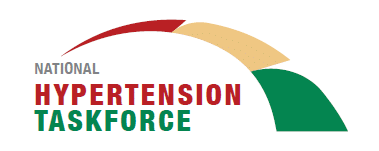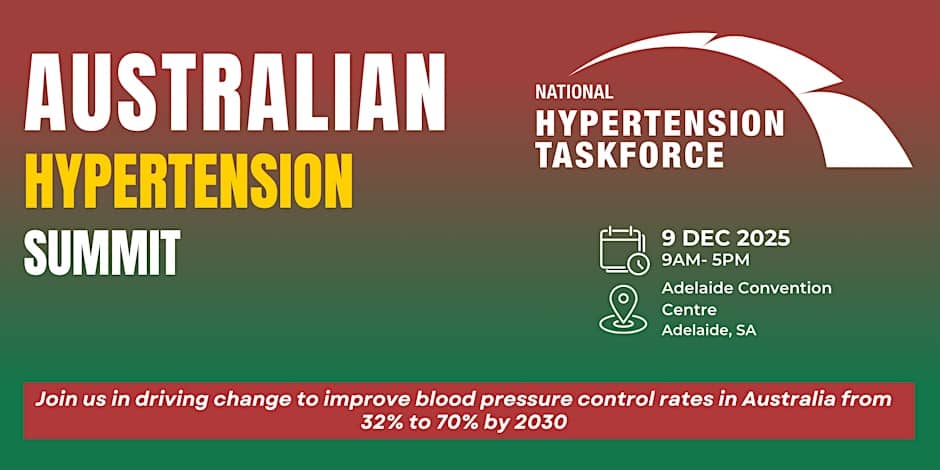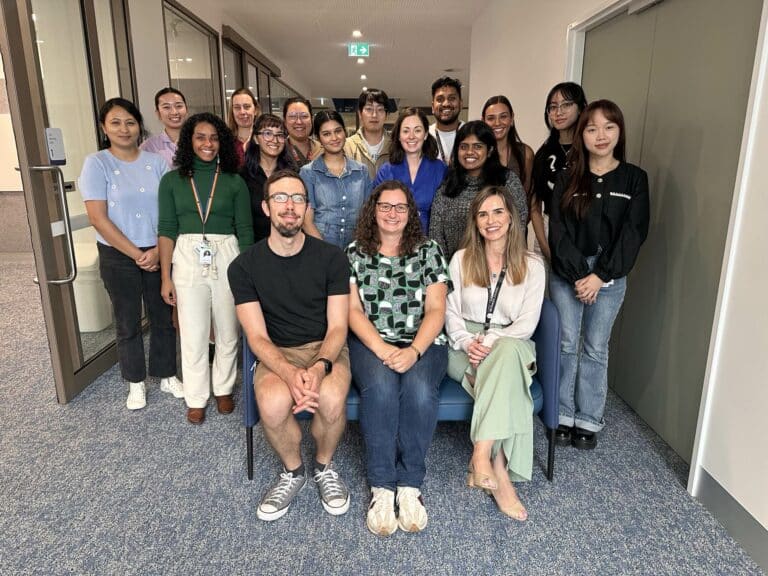Hypertension Australia and the National Hypertension Taskforce have just published an important new position statement on Automated Office Blood Pressure (AOBP) Measurement, an exciting initiative led by Professor James Sharman, Professor Alta Schutte and Professor Markus Schlaich.
AOBP is now recommended as the standard of care for hypertension detection, diagnosis and management in Australia. If widely adopted, it will significantly contribute to achieving the National Hypertension Taskforce goal of at least 70% hypertension control by 2030.
This position statement has been endorsed by Hypertension Australia, Cardiac Society of Australia and New Zealand, Australian Primary Health Care Nurses Association, Endocrine Society of Australia, Pharmaceutical Society of Australia, Pharmacy Guild of Australia, Kidney Health Australia and Stroke Foundation.
AOBP is the use of validated electronic devices with automated upper arm cuffs that are programmed to take multiple blood pressure readings at predetermined intervals, beginning after an initial rest period.
Why does this matter? The Taskforce’s Roadmap identified an urgent need for simple, practical blood pressure measurement protocols that can be implemented consistently across all settings. This new position statement directly addresses this priority, providing much-needed guidance for standardised BP measurement practices.
Stay tuned for the full release of this important clinical guidance.











